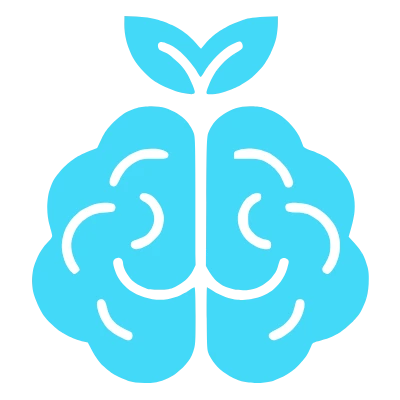What is kidney failure?
The kidneys are 2 organs that have the function of filtering the blood and eliminating toxins, which are transported to the bladder and expelled through urine.
When the kidneys do not work properly (kidney failure or kidney failure) and cannot filter waste from the blood, kidney failure occurs. This can occur punctually (acute kidney failure) or become chronic, becoming chronic kidney failure. It can also occur in milder forms, known as mild kidney failure, where the symptoms are less obvious.
Chronic kidney disease (CKD) is a structural and/or functional alteration of the kidneys that persists for more than 3 months and has a progressive and irreversible course. It is especially common in older people, such as in cases of kidney failure in people over 80 years of age and kidney failure in people over 90 years of age, which requires careful evaluation.
Causes and risk factors
Among the main causes are high blood pressure and diabetes mellitus.
Other risk factors include:
- Advanced age, especially in cases of kidney failure in the elderly.
- Obesity.
- Cardiovascular diseases.
- Complicated and recurrent urinary tract infections.
- Severe or prolonged acute kidney injury.
- Family history of kidney disease.
- Consumption of nephrotoxic drugs.

With what test is kidney failure detected?
Kidney failure is more common in older people, which makes its early detection vital. Especially in patients with kidney failure in people over 80 years of age or kidney failure in people over 90 years of age, evaluation by nephrology specialists is essential.
Doctors perform a detailed medical history and a physical examination to identify risk factors. In addition, it is important to perform laboratory tests (blood and urine tests) and imaging tests.
Key indicators of impaired kidney function:
- The increase in creatinine (waste generated by the kidneys) in the blood.
- The presence of albumin (a protein that is usually found in the blood) in the urine.
Based on the results of the tests, the disease is classified into stages in order to propose the best therapeutic scenario. If not properly controlled, a dehydrated kidney can develop, which affects the body’s fluid balance.
What are the symptoms of kidney failure in the elderly?
CKD can be asymptomatic in its initial stages. In these cases, the kidney adapts to the alteration through adaptive hyperfiltration, that is, increasing the filtration rate of undamaged nephrons.
With the progression of the disease, the following symptoms may appear:
- Polyuria: Increased urine volume.
- Nocturia: Frequent need to urinate at night, interrupting sleep.
- Weakness.
- Fatigue.
- Difficulty concentrating.
- Nausea or vomiting.
In more advanced stages, CKD can cause complications such as anemia, hyperparathyroidism, and cardiovascular or neurological disorders. In the elderly, it is important to pay attention to high potassium in the elderly, since hyperkalemia is a common complication.
Types of kidney failure
Kidney failure is classified according to the severity and duration of the damage:
- Mild kidney failure: It is the initial stage, with a moderate reduction in kidney function, generally without noticeable symptoms.
- Acute kidney failure: A sudden failure of kidney function, often reversible if treated quickly.
- Chronic kidney failure: It develops progressively and permanently, with a gradual decrease in kidney function.

Treatment for kidney failure in the elderly
Treatment of chronic kidney disease focuses on:
- Treat the underlying causes. Control diseases that contribute to CKD.
-
Prevent and delay the progression of the disease with the following strategies:
- Weight control.
- Healthy diet, reducing sodium, potassium and protein consumption.
- Regular physical activity.
- Elimination of smoking.
- Strict control of diabetes.
- Treat associated complications such as hyperkalemia, anemia or metabolic acidosis.
In advanced phases, treatments such as:
are evaluated
- Dialysis: It can be hemodialysis (the most common) or peritoneal dialysis, which is done through a catheter in the abdomen.
- Kidney transplant.
- Palliative care: In cases with an unfavorable prognosis or when the patient rejects invasive treatments.
Managing kidney failure can be challenging, especially for the elderly. In these cases, many families opt for private live-in caregivers who can provide personalized care and support.
Life expectancy in kidney failure
Life expectancy varies considerably depending on the stage of kidney failure. In the case of stage 3 kidney failure, many patients can live for years with adequate treatment and management of risk factors, such as diabetes and hypertension.
However, as the disease progresses to stage 4, life expectancy in stage 4 kidney failure may decrease, and dialysis or a kidney transplant may be required to prolong life. In end-stage renal failure, life expectancy is considerably lower without replacement therapy, and decisions about palliative care become crucial. It is important that patients consult with their doctors to obtain personalized information about their life expectancy and the best treatment options available.






